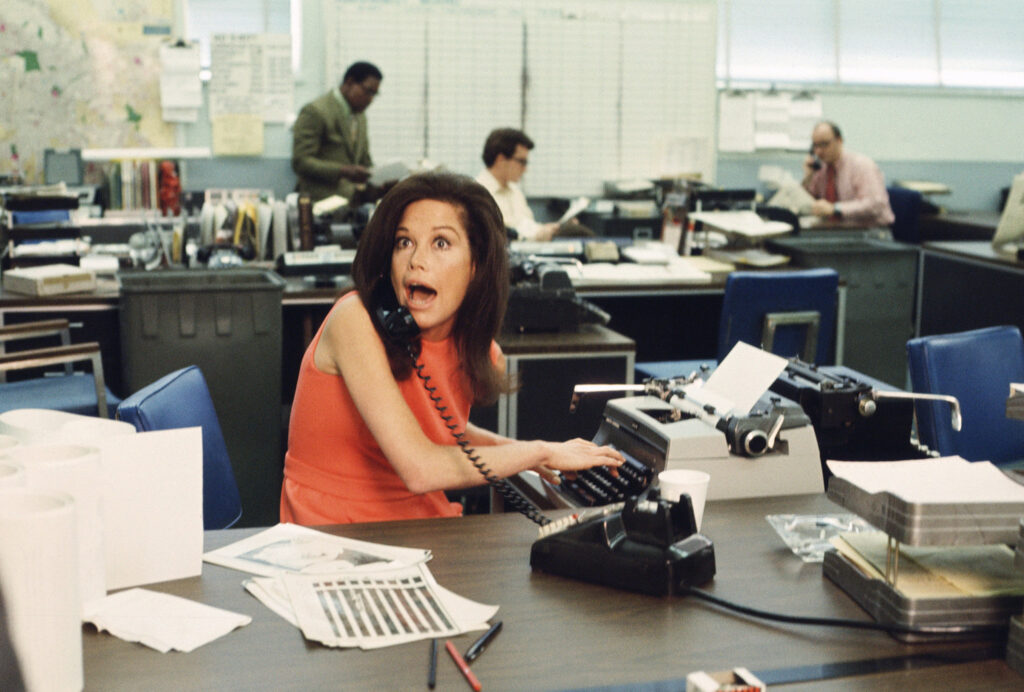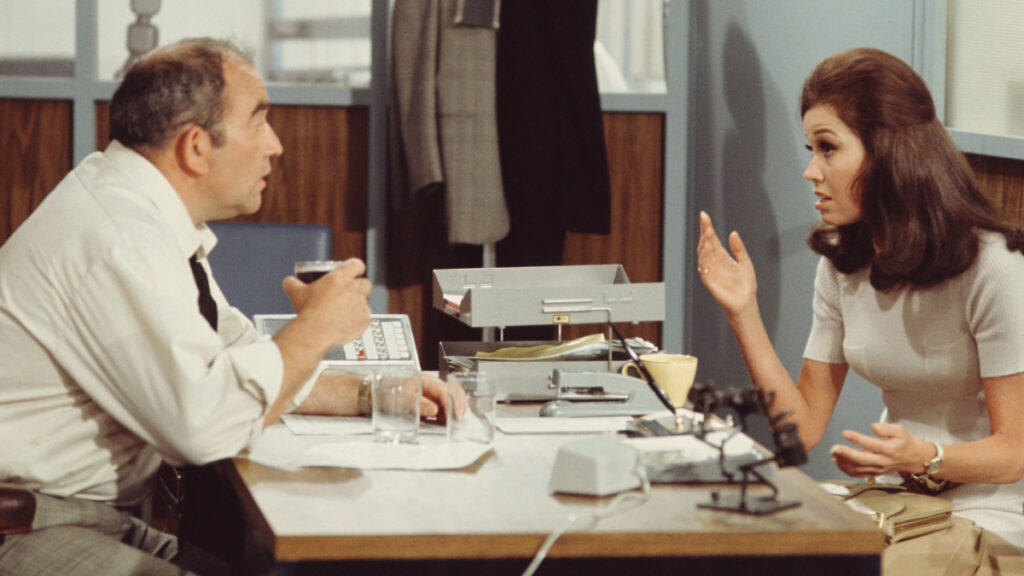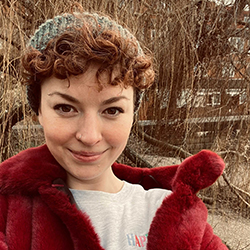Mary Tyler Moore is one of Oprah’s greatest heroes of all time: “Mary Tyler Moore majorly influenced my life and career. I respected and admired her business acumen, her passion and compassion for all life, and most importantly, the values espoused through her storytelling. I thank her for being a light that shined so brightly, it let me see myself in her. Mary Tyler Moore first gave me the idea that you can own your own show and produce it. She was the one. She paved the way through storytelling for women,”
I’m not sure there’s a better endorsement than Oprah but do read on!
Mary Tyler Moore herself was a woman of vulnerability, who struggled with alcoholism and the death of her only son, aged 24. But this vulnerability was visible to audiences who were so drawn to her. She was notoriously kind, and a prevalent philanthropist, and her most enduring legacy was The Mary Tyler Moore Show (TMTMS).
The show aired in 1970s when television shows tended to be considered ‘simplistic’, and TMTMS came in like a breath of fresh air, showing real life situations in all their complexities. It won 29 Emmys, including outstanding comedy series, and outstanding lead comedy actress. It is ranked 6 in the Writers Guilds 101 best written TV series of all time, and Time included it in their 17 Shows That Changed TV.

The show was revolutionary for several reasons:
• It’s lead character Mary Richards played by Moore was a happily single, childless woman in her 30s (gasp!)
• Most of the story lines do not revolve around her love life, but her career.
• It challenged gender norms and stereotypes.
• It challenged racist stereotypes: there was a regular black character, Gordy, played by John Amos, who was handsome, eloquent, intelligent, professional, and fully one of the team. They did not pander to the lowest common denominator in terms of stereotypes or cheap humor. One day, however, while posing for some still shots, a photographer made the off-color remark: “John, smile so we can see your teeth and we can know who you are.” There was complete silence on the set. The next day, that guy was gone never to be seen again. He had been with the show since its inception.” (John Amos, for Vulture, 2015)
• It featured an explicitly gay character.
• It asserted the importance of a wife’s choice in whether to have a baby or not: “Mary Richards : A woman doesn’t have to have a baby if she doesn’t want to. Lou Grant : Well, I say a man’s entitled to have a baby if he wants to. Mary Richards : [Chuckles] Well, Mr. Grant, on behalf of women everywhere let me say we’d sure like to be there when he has it”. *mic drop
• It showed a single woman happy in her sexuality: “I’m hardly innocent. I’ve been around. Well, all right I might not have been around. But I’ve been nearby”.
• It talked about birth control: Mary’s mother calls out, “Don’t forget to take your pill.” Simultaneously, Mary and her father reply, “I won’t.”
• The fashion. To die for. But also women power – trousers and flats, not just skirts and heels.
• The show revolved around office relationships, and many modern shows have been inspired by this premise.
• The ‘Friends’ finale was written with inspiration from TMTMS, and Marta Kauffman declared the TMTMS finale to be the ‘gold standard’.
• Its opening theme song is considered an absolute belter of a classic.

While some aspects of the show give you ‘look how far we’ve come’ moment (women talking about quitting work because they got married, Mary calling her boss Mr Grant, instead of Lou, unlike her male colleagues, and feminists at the time considered it to passive on issues), mostly it is still very relatable today. We can all identify Mary negotiating the gender pay gap, embracing her right to a sex life, challenging casual sexism. But there’s something so deeply depressing about this relatability too – that a show from the 1970s – that looks ‘classic’ (aka ‘old’!) with vintage fashion and hairstyles – is still completely relevant today. Maybe we haven’t come so far after all.
By Naomi Maguire

Naomi is a writer and voice artist, currently working for a mindfulness app. She took the scenic route to university, and is now also studying Landscape Architecture. Her favourite thing in the world is eating dinner with beloved friends.
